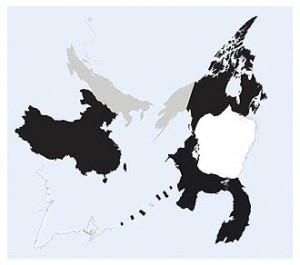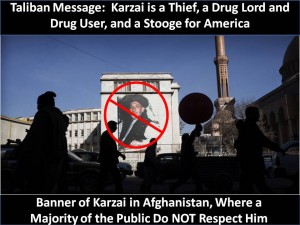Twitter not all that popular among teenagers, report finds
“I don't know a single person who uses Twitter,” says Samara Fantie, 17, of Gaithersburg, who added that with so many of her friends on Facebook, Twitter seems beside the point.
Fantie listed its drawbacks, saying it appears to be less secure, more public and too condensed. “Teenagers like to talk, and 140 characters is just not enough,” she said. Facebook “does everything Twitter offers, only it's better. It would be like going backwards.”
Blogs Just Aren't Cool Any More, Teens Say
Blogging is slowly becoming the domain of adults, as a recent Pew study shows more teens abandoning the medium for social networks.
The study, conducted by the Pew Research Center's Internet & American Life Project, showed a decline in the number of teens who say they blog, from 28 percent in 2006 to 18 percent in 2009, when the study was conducted. Just 52 percent comment on their friends' blogs, versus 76 percent three years ago.
By contrast, the survey found that about 10 percent of adults maintain a blog, a figure that has remained unchanged.
Phi Beta Iota: We appear to be in an interregnum, with some very serious perople such as Pierre Levy and Jeff Jarvis seeing the enormous potential of Twitter, while the run of the mill “crowd” may be bored. Our view: Twitter is a game changer in part because geospatial location and identity are embedded, it is both mobile and real-time, and back office trends and aggregation and clustering can be attached. Something really cool is happening, and Pew missed it.
See also:


 HACKERS ON PLANET EARTH (HOPE)
HACKERS ON PLANET EARTH (HOPE) Phi Beta Iota: Hackers are like astronauts, pushing the bleeding edge of the envelope. If the US Government had listened to us in 1991-1994, cyberspace would be secure today, and we would not be spending $12 billion a year on the cyber-scam game–outsourcing to beltway bandits fighting for the 100 folks that actually know how to do this stuff and can qualify for clearances. Our solution for the regional networks is gong to be multinational and open everything. This event is specifically recommended for young teens who show signs of intelligence and curiosity, and for mid-career officers beginning to realize that 80% of what they do is without merit, seeking a better way. This is where we do the right things righter, not the wrong things righter.
Phi Beta Iota: Hackers are like astronauts, pushing the bleeding edge of the envelope. If the US Government had listened to us in 1991-1994, cyberspace would be secure today, and we would not be spending $12 billion a year on the cyber-scam game–outsourcing to beltway bandits fighting for the 100 folks that actually know how to do this stuff and can qualify for clearances. Our solution for the regional networks is gong to be multinational and open everything. This event is specifically recommended for young teens who show signs of intelligence and curiosity, and for mid-career officers beginning to realize that 80% of what they do is without merit, seeking a better way. This is where we do the right things righter, not the wrong things righter.


 Taliban Overhaul Their Image In Bid To Win Allies
Taliban Overhaul Their Image In Bid To Win Allies